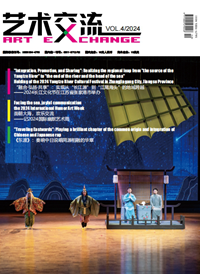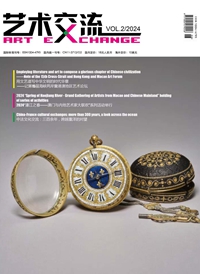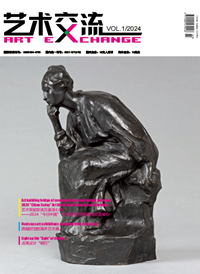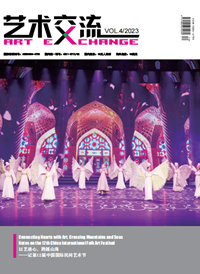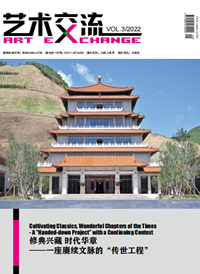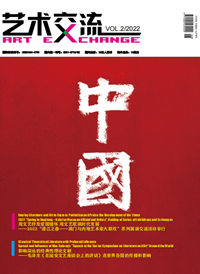
Valery Gergiev is Conducting
Music fans of Beijing will surely not forget that in December 2007, Valery Gergiev, the master conductor of Russia who is addressed as “Tsar of Conductor” headed the artists of Mariinsky Orchestra to Beijing and presented Aleksandr Borodin’s opera “Prince Igo” on the opening of the newly constructed National Center for Performing Arts (NCPA), which had held the whole Chinese music circle spellbound. From September 30 to October 2 2011, the golden period of the Chinese National Day holidays, Gergiev came to NCPA for the second time. It was still Mariinsky Orchestra that accompanied him, but the program had been changed into the three important concerts with loaded significance, viz. the whole set of six symphonies of Tchaikovsky, which is the gem of Russian music and a top among the symphonic music mountains.

Gergiev Exchanged with Chinese Music Fans
As an outstanding conductor of the 20th century, Gergiev enjoys a very high reputation in the world and is addressed, together with Bychkov and Pletnev, as the three great contemporary Russian music conductors, who are young and promising and will take the lead in the 21st century as well. The “grand feast of Tchaikovsky” brought by Gergiev is not only the first one in the scale and quality in China, but also quite unusual in the world. The performing troupe is comprised of three chief players and four deputy chief players, which can be described as the best troupe. Gergiev and Mariinsky Orchestra assert their positions as the “authority of Tchaikovsky” in front of the whole audience. On the first show of September 30, the program of the orchestra was the First and the Sixth Symphony, which were just works written at the beginning and the end of the 27 years of creation. The stunning tour de force of Tchaikovsky when he was just a fledgling and the lonely weeping when his life came near to the end were gushing out of the different parts of Mariinsky Orchestra conducted by the magic hand of Gergiev.
Gergiev and Mariinsky Orchestra also performed other four symphonies of Tchaikovsky successively. In the Second Symphony, “Little Russia”, which was played on October 1, the composer integrated Ukrainian folk dance melody into the masterpiece, which is the total Russian carnival. As for the Fifth Symphony, it commences with the haze of fate, however, the end of the symphony dispels the darkness completely, which is grand and glorious as well.



